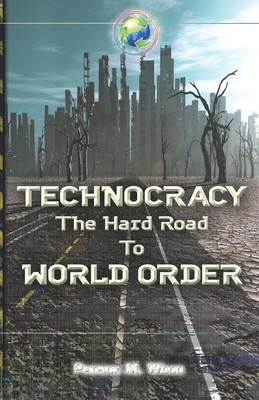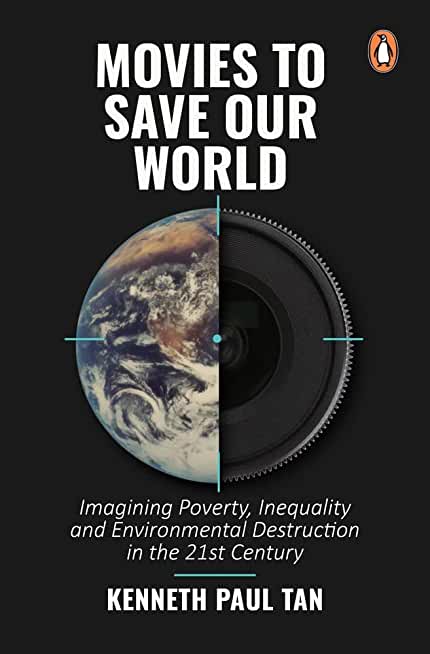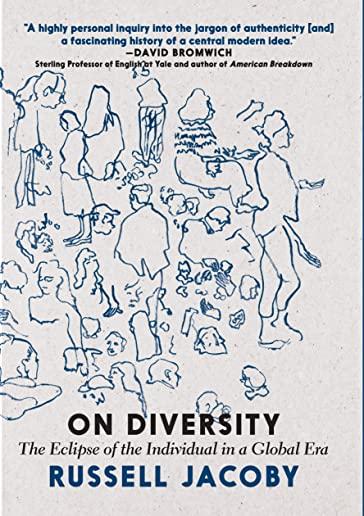
description
r and academic Richard Gardner wrote an article "The Hard Road to World Order" for Foreign Affairs magazine, predicting the future of the Commission's self-proclaimed New International Economic Order. Gardner spoke of an "end-run around national sovereignty", a "booming, buzzing confusion" and building it from the "bottom up" rather than attempting an "old-fashioned frontal assault." After almost 45 years, it is time to examine the record. In Technocracy: The Hard Road to World Order, Wood traces the steps and developments that led to the United Nations' establishment of Sustainable Development as an outgrowth of historic Technocracy from the 1930s. UN programs such as 2030 Agenda, New Urban Agenda and the Paris Climate Agreement are all working together to displace Capitalism and Free Enterprise as the world's principal economic system. As a resource-based economic system, Sustainable Development intends to take control of all resources, all production and all consumption on planet earth, leaving all of its inhabitants to be micro-managed by a Scientific Dictatorship. Topics covered include the devolution of federal governments combined with the rise of global Smart Cities. Tools are examined, like ubiquitous surveillance, collaborative governance, Public-Private Partnerships, Reflexive Law, Fintech, including crypto currencies and the drive toward a cashless society. The spiritual aspect of Sustainable Development is also explored as an important component of manipulation. Looking underneath the cover of globalization, Wood shatters the false narrative of a promised Utopia and exposes the true nature of the deception used to promote this new economic order. Those elite who hate the bedrock of American liberty and its time-tested Constitution have pulled out all the stops to destroy both, and it's time for citizens to stand up to reject them. As always, Wood closes with the nature of effective resistance and the tools that can help to achieve success.
member goods
No member items were found under this heading.
Return Policy
All sales are final
Shipping
No special shipping considerations available.
Shipping fees determined at checkout.







